A neurological examination is a critical component of any neurology consultation, tailored to address specific symptoms and concerns. As a Neurologist, I understand that patients may feel anxious about what this examination entails. To provide clarity and ease concerns, here is a detailed overview of what typically occurs during a neurological examination:
- Gait Analysis: One of the initial observations I make is of your gait – the way you walk. This simple yet revealing test can provide insights into your balance, muscle strength, and coordination. Gait abnormalities can indicate a range of neurological conditions.
- Cranial Nerves Examination: This part of the examination involves assessing the twelve cranial nerves that originate in the brain and control functions related to your face and head. I check various aspects such as your vision, facial movements, hearing, taste, and swallowing depending on your presenting symptoms. This helps in identifying any abnormalities that might be linked to neurological disorders.
- Cerebellar Tests: These tests assess coordination and fine motor skills. I might ask you to perform tasks such as touching your nose with your fingertip or rapidly alternating movements with your hands. These tasks help evaluate the function of the cerebellum, a part of the brain that plays a key role in motor control.
- Motor System Assessment: This involves evaluating muscle strength, tone, and any involuntary movements. Muscle weakness or abnormal muscle tone can be indicative of various neurological conditions.
- Sensory Evaluation: Sensory testing includes checking for pain, temperature sensation, touch, and vibration sense. This helps to determine if there are any deficits in the sensory pathways of the nervous system.
- Extrapyramidal Examination: In this part of the exam, I look for signs of movement disorders, which could indicate conditions like Parkinson’s disease.
Additionally, depending on your symptoms, other tests like reflex testing, coordination tests, and cognitive evaluations might be performed.
Remember, this comprehensive examination is crucial for accurately diagnosing and managing neurological conditions. If you’re experiencing symptoms or have concerns about your neurological health, I encourage you to book a consultation. Please visit the contact section of our website for more information and to arrange an appointment.
